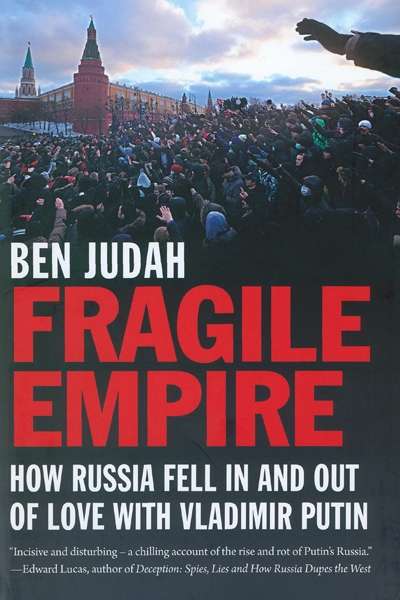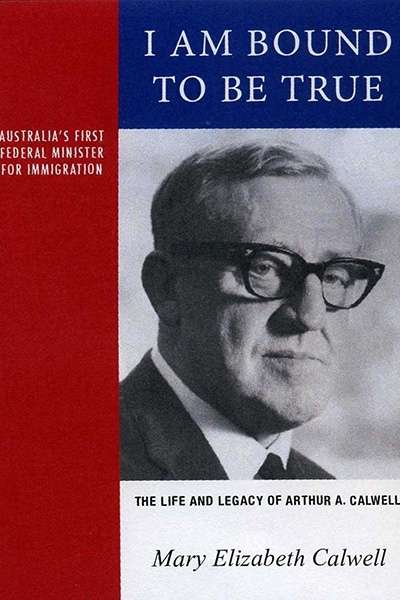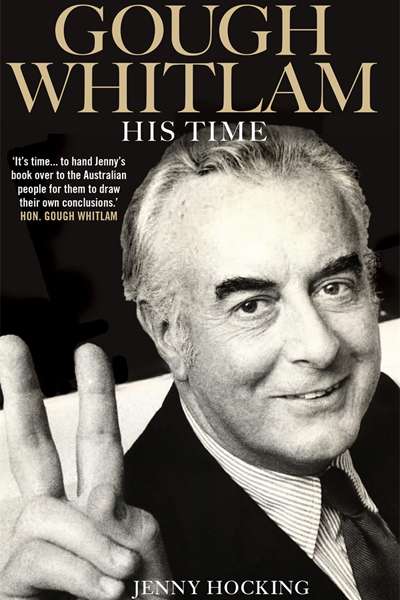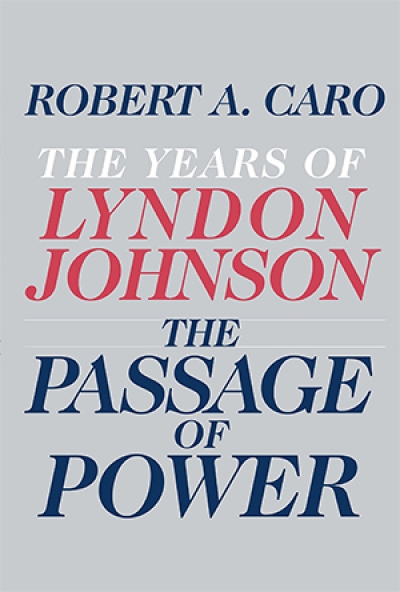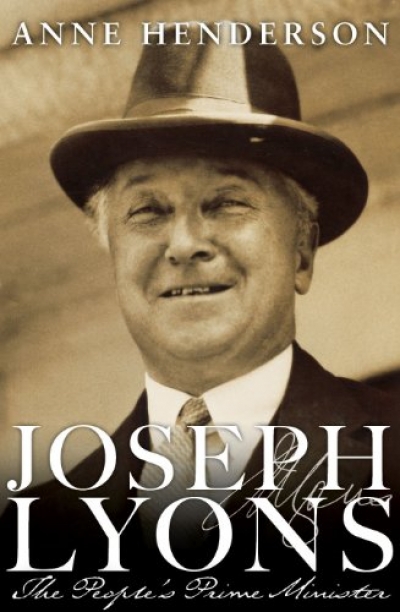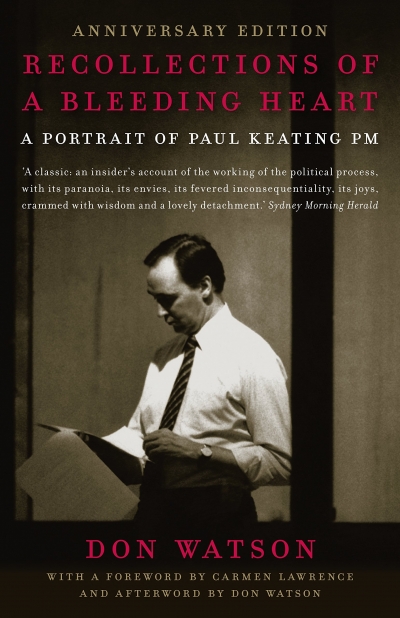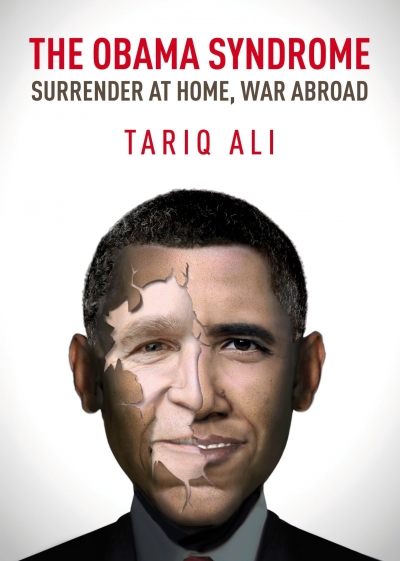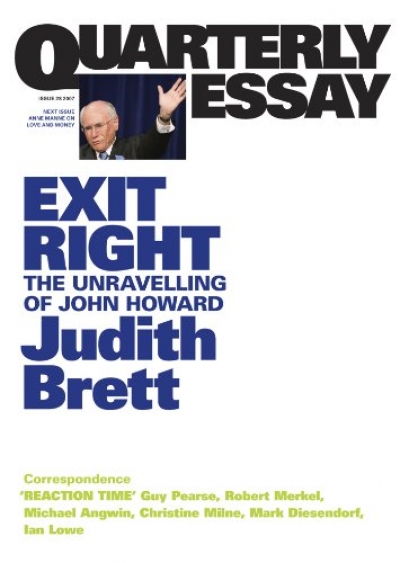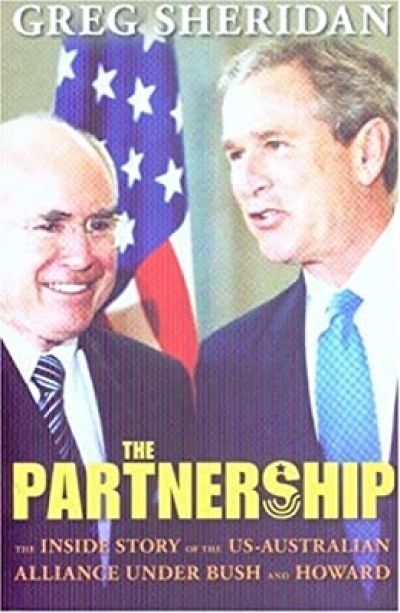World Leaders
Fragile Empire: How Russia Fell in and out of Love with Vladimir Putin by Ben Judah
On 18 July 2013the Russian opposition figure Alexei Navalny was sentenced to a five-year jail term on corruption charges. Navalny, in a speech to the court castigating the dispensation which has emerged in Russia since Vladimir Putin first became president in 2000, attacked a ‘system of power in which 83 percent of the country’s wealth is in the hands of half of one percent of the population’. Widely held to be the result of political persecution by the Kremlin, Navalny’s conviction was condemned inside and outside Russia.
... (read more)I Am Bound to be True: The Life and Legacy of Arthur A. Calwell, 1896–1973 by Mary Elizabeth Calwell
Arthur Augustus Calwell is hardly the most celebrated or mythologised politician in the history of the Australian Labor Party. His achievements as the first minister for immigration have been overshadowed by his very public advocacy of the White Australia policy ...
... (read more)Gough Whitlam: His Time: The Biography, Volume II by Jenny Hocking
Jenny Hocking concluded the first volume of her Whitlam biography (2008) on the eve of her subject’s electoral victory in December 1972. Gough Whitlam had been the most effective and creative opposition leader in Australian history: since 1967 he had dragged a protesting Labor party into the second half of the twentieth century; provided the party with a contemporary social democratic agenda; broadened the appeal of the party beyond its historic working-class base; and seen off one Liberal prime minister, with another to follow. The challenge for Hocking in this second volume is to explain how this promise turned to dust and ashes within three years, with Whitlam’s dismissal by the governor-general, followed by electoral repudiation. Meticulous and thorough research, a broad understanding of both the personal and structural factors underlying his government’s failure, and a commanding narrative drive enable Hocking to meet the challenge. There is no better account of how the triumph of 1972 turned into the catastrophe of 1975.
... (read more)The Years of Lyndon Johnson: The Passage of Power by Robert A. Caro
In Australia today, Lyndon Baines Johnson (1908–73) seems a fleeting figure on history’s stage: a brief interlude between Kennedy’s Camelot and Nixon’s Watergate – ‘All the way with LBJ!’ – the retreat from quagmire Vietnam – and that’s about it. So how does one justify buying and reading Robert A. Caro’s seven hundred-page book (dubbed ‘bloated’ by one critic), the fourth in a five-volume biography?
... (read more)Joseph Lyons: The People’s Prime Minister by Anne Henderson
This book is long overdue. It is eighty years since affable Joseph Lyons, often depicted by cartoonists as a koala, was elected as Australia’s tenth prime minister. He would be re-elected twice before dying in office in April 1939. During his seven years as prime minister, Lyons had to grapple with the Depression ...
... (read more)Recollections of a Bleeding Heart: A Portrait of Paul Keating PM, Second Edition by Don Watson
Don Watson sits low in his chair, shy and silent when faced with a group of university administrators gathered to hear him talk about management speak – those weasel words that Watson has hunted down with grim enthusiasm. He speaks hesitantly at first, struggling to recall examples of misleading expression, evasive phrases, dishonest communication. Soon the rhythm quickens. There is indignation now in the voice, derision anew at the decay of public language. The speaker rocks forward, ranging more widely as he explains the link between thought and expression. Jargon hides intentions. Clichés abandon serious engagement with an issue. This is not the pedant’s obsession with grammar, but anger when the contest of ideas is undermined by impenetrable language.
... (read more)The Obama Syndrome: Surrender at Home, War Abroad by Tariq Ali
Tariq Ali, proclaims the Guardian, ‘has been a leading figure of the international left since the 60s’. If his latest book is the best the left can muster, I fear that its chances of influencing political debate are minimal – and, even worse, undesirable.
... (read more)Churchill’s Empire: The World That Made Him and the World He Made by Richard Toye
Empires are out of fashion. The idea of one people ruling over another has had its day. The mention of any empire – with the possible exception of the Roman one, for which people still have a certain fondness – will almost invariably meet with deprecating comments, even derision ...
... (read more)Exit Right by Judith Brett & Poll Dancing by Mungo MacCallum
Since the November federal election, kicking John Howard while he’s down has become something of a national pastime. While Howard’s take no-prisoners-except-on-Nauru behaviour has now exposed him to gleeful mass taunting, the idea that the end of his resilient political career has instantly created a noble Australia, its citizens and institutions cleansed and renew ed, is wishful thinking. In this context, Judith Brett’s new Quarterly Essay injects some welcome clear-headedness. Brett rains blows on Howard, but she is not a Howard-hater in the counterproductive and grandiose style of, say, Phillip Adams. Instead, she takes aim at the former prime minister in a characteristically nuanced and astute way. She bridges a gap – too often in Australia, a gulf – between scholars and interested laypeople, offering prose that is accessible and lively but that avoids dumbing down complex issues.
... (read more)The Partnership: The inside story of the US–Australian Alliance under Bush and Howard by Greg Sheridan
If journalism is the first draft of history, this book is a rough-hewn draft of some important historical chunks. Greg Sheridan, the foreign editor of The Australian, may not match some of his colleagues there in gravitas, intellectual depth, or analytical precision, but he compensates with an abundance of enthusiasm and enviable access to those in high office. In the early and mid-1990s, when The Australian was prominent among those boosting Asia and Australian–Asian relations, Sheridan was cheerleader for the boosters. His columns and books were often based on long interviews with presidents and foreign ministers, recounted in a tone more often found in celebrity journalism than in diplomatic reports. Sheridan’s obvious delight at being granted personal interviews with the powerful aroused some envious comments, but his technique served a purpose.
... (read more)
